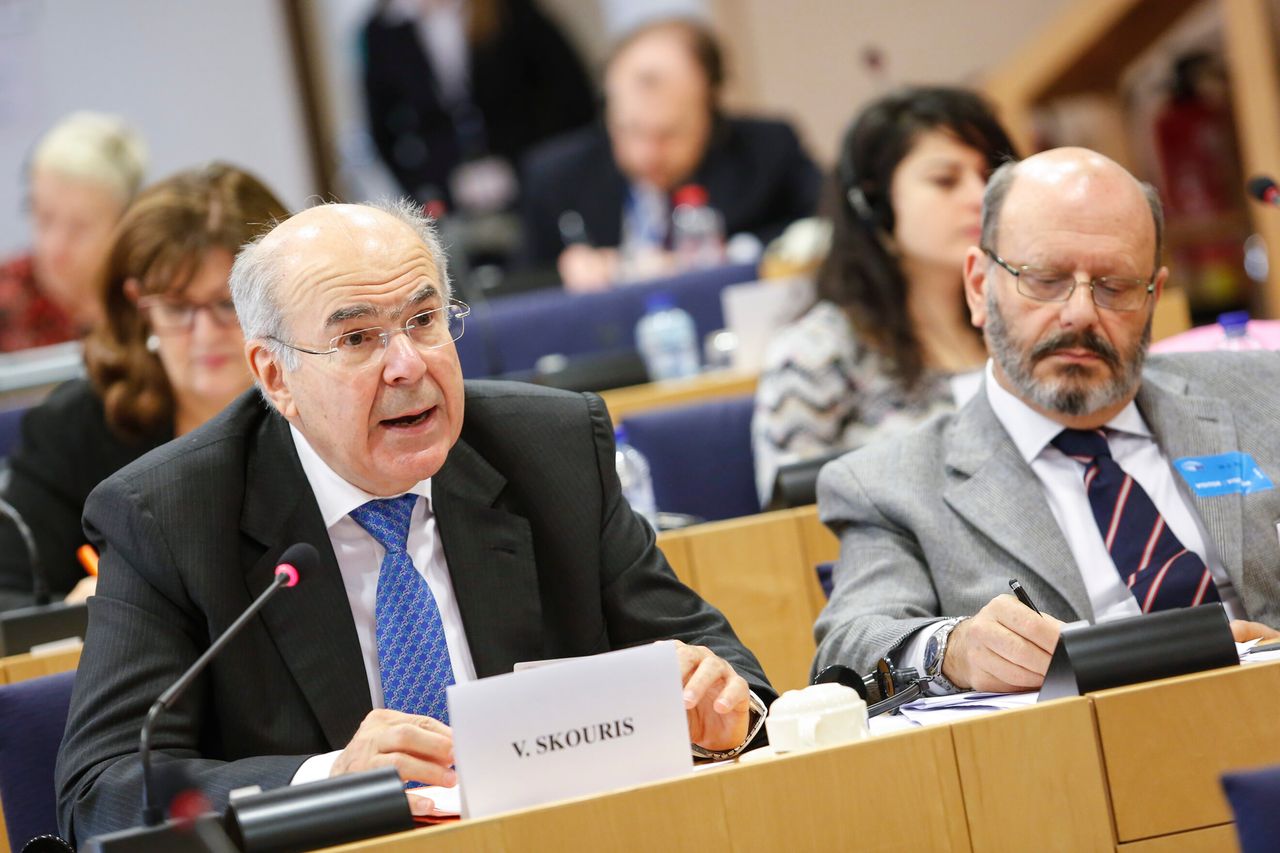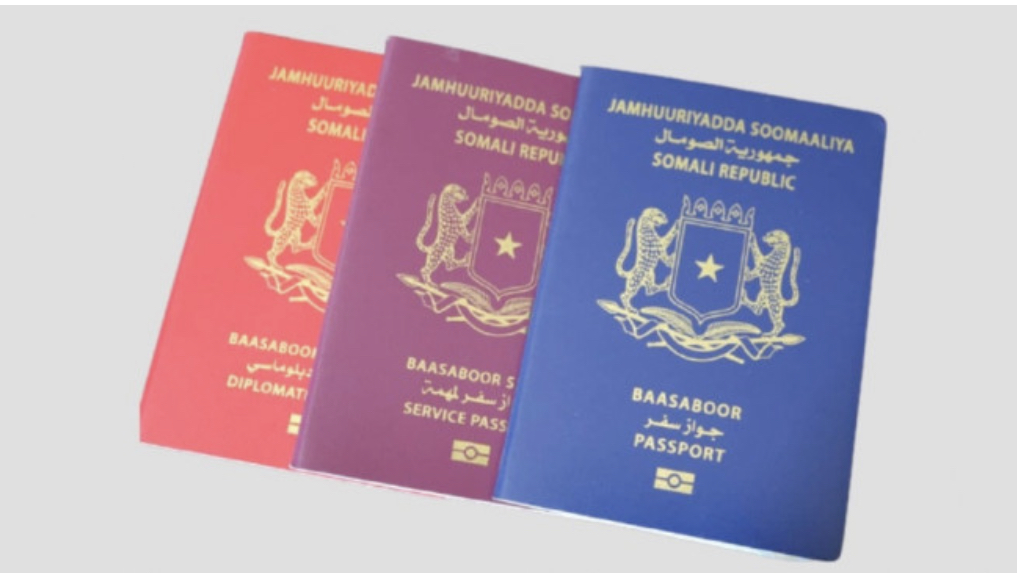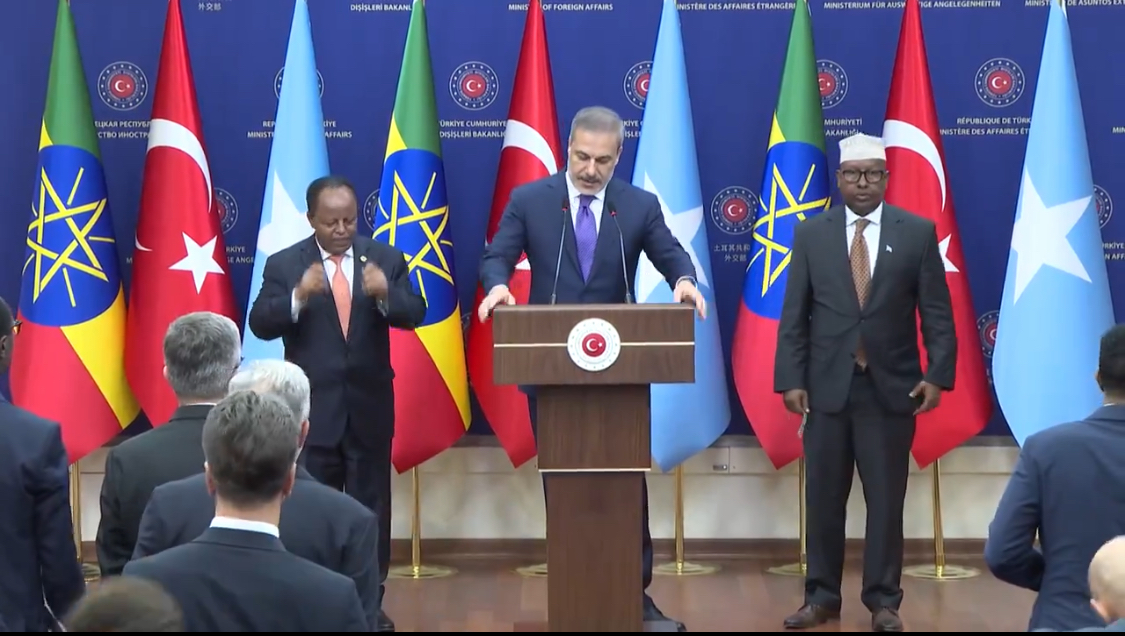A top FIFA official also sits on a secretive EU panel that assesses new judges for Europe’s top court — even as the court deliberates over multiple cases involving world football’s governing body, Vassilios Skouris, a veteran Greek jurist, rakes in an annual salary of at least $215,000 (€192,000) as a chairperson of FIFA’s ethics committee, while simultaneously serving on the obscure 255 Committee, which vets judges nominated to sit on the Court of Justice of the European Union…
Given FIFA’s regular appearances in cases before Europe’s supreme court, Skouris’ dual roles raise questions about the process for confirming Europe’s most powerful judges, “It is similar to a lawyer working for repeated and frequent litigants such as Google or Microsoft, sitting in that selecting committee, deciding on the appointment or renewal of judges that could decide cases involving such companies,” said one leading expert on EU law and the Court of Justice, who was granted anonymity to discuss the sensitive subject.
Among the European court’s cases involving FIFA are an imminent ruling regarding the future of the multibillion euro football transfer system (which is underpinned by Switzerland-based FIFA), and another on FIFA’s proposed rules to rein in wealthy football agents. Last year, the court ruled on the explosive football Super League case, dealing a blow to football’s governing bodies.
While there is no evidence Skouris has used his position to veto specific candidates with a view toward future football cases, one transparency advocate said the committee shouldn’t even have the “perception” of a conflict of interest, “Obviously the members sitting in the committee should abide by the highest standards of public integrity by avoiding not only conflict of interest, but even the mere perception of conflict of interest,” said Alberto Alemanno, professor of EU law at HEC Paris.
He added that there are potential issues “if one of them finds themselves in a situation of conflict between his personal interest and the interest of the committee — which seems to be the case.” A spokesperson for FIFA said that it “does not see any conflict of interest,” including because “none of the decisions taken by the Ethics Committee has ever gone before the Court of Justice of the European Union.” Skouris, via FIFA, declined to comment.




